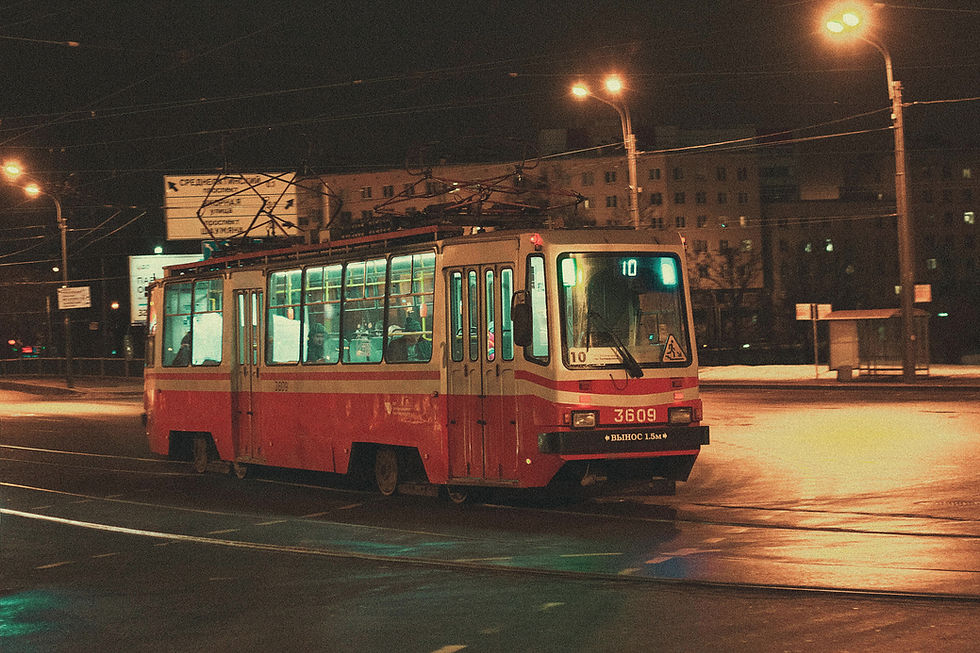6 mistakes all Russian beginners make
- Be Fluent In Russian
- Aug 15, 2024
- 3 min read
Updated: Jan 5

Saying "I'm tired" wrong
In Russian to express an emotion of being tired, we say "я устал". But a problem with this phrase is that it means "I tired myself out", it's an action, not a description of ourselves. In English, it is a description of someone, in Russian it's an action. Which means:
We can only use to describe our current state, not past or future feelings. We can't say "я был устал" or "я буду устал". Instead we say "я был/буду уставшим". Уставший is now describing us, not an action.
We have to conjugate "устал" into present and past according to who's tired.
Misusing "to work hard"
This phrase is very common in English, and of course you want to use it in Russian too, but the translation is quite tricky. A common mistake is to just say "тяжело работать", translating it word-to-word, but it's wrong!
"Тяжело работать" would means "it's hard to work". To say "to work hard", you need to say "Усердно работать", of course conjugating "работать" properly as well.
Or, sometimes "стараться" can also be used. "Стараться" means "to try one's best".
Confusing слышать and слушать
Both of these verbs are used to talk about your hearing skills, but there's a small difference. "слЫшать" is used to say "to hear", while "слУшать" is used to say "to listen". First one is a sense, second one is an action. For instance:
Я тебя не слышу - I can't hear you
Я тебя не хочу слушать - I don't want to listen to you
Confusing видеть and смотреть
A very similar situation is with these 2 verbs. "видеть" is used to say "to see", while "смотреть" is used to say "to look/watch". First one is a sense, second one is an action. 2 examples:
Папа смотрит в окно - dad is looking in the window
Папа видит там машину - dad sees a car there
Saying "я надо сплю"
There's 2 big mistakes with this phrase. First one foremost, we have to say "мне надо", because literally it means "something is needed to me". The subject here is what we need, not us.
Secondly, we don't conjugate verbs after "мне надо", again because we're not the subject here, that's why the verbs don't have to agree with us in their form.
So, this phrase "я надо сплю" should turn into "мне надо спать".
Confusing русский and по-русски
Now these 2 are a whoooole different story. Let's break them down.
Русский - adjective, describes nouns. Short form of "русский язык" for Russian language. "Русский" and "русский язык" are an answer to a question "what".
- What are you learning?
- Русский!
По-русски - adverb, describes verbs. Answer the question "how".
Hope this is clear. But we have another logic issue here. In English we say "I speak Russian", in other words "I speak what? I speak Russian". In Russian it would be "I speak how? I speak Russian".
So, we don't say "я говорю русский", but "я говорю по-русски". On the other hand, when we have Russian as a subject, we can say "русский". Like in "Я изучаю русский" - I am learning Russian.
Avoid these mistakes and learn Russian in an easy step-by-step way! Click the banner below!









